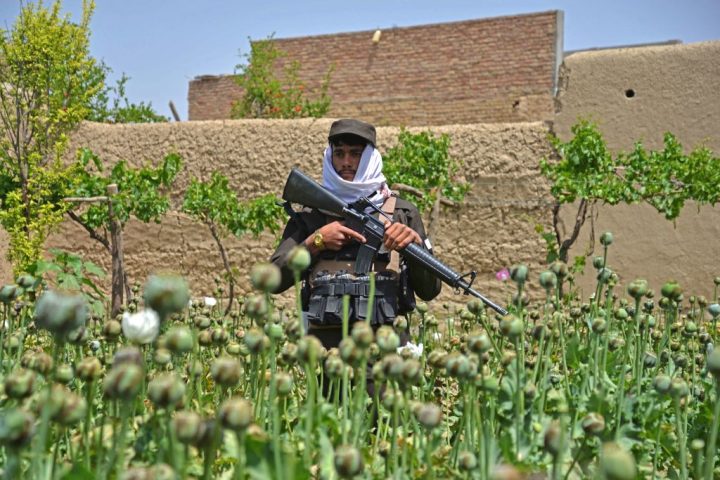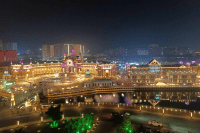The meth and heroin addicts were still gathering in their hundreds in a squalid encampment under the Pul-e-Sokhta bridge in the Afghan capital of Kabul. It was a sorry sight to see them squatting beside bonfires while stray dogs ran around them, barking. Many were homeless and had nowhere else to go.
‘It’s easier to access the substance here,’ a dealer and one of the bridge camp’s scruffy inhabitants told me. ‘Everything is available here, best quality. They (the police) come here but they don’t bother us a lot. We are friends with the dogs; when it’s cold the dogs sit next to us; they may get high when we smoke, too, but not directly.’
If Afghan poppy farmers are knocked out of the game, others will quickly fill their shoes
The man noted I don’t look like one of the bridge’s regulars. What am I doing here, he asked. Then he asked if I wanted to buy anything.

Britain’s best politics newsletters
You get two free articles each week when you sign up to The Spectator’s emails.
Already a subscriber? Log in






Comments
Join the debate, free for a month
Be part of the conversation with other Spectator readers by getting your first month free.
UNLOCK ACCESS Try a month freeAlready a subscriber? Log in